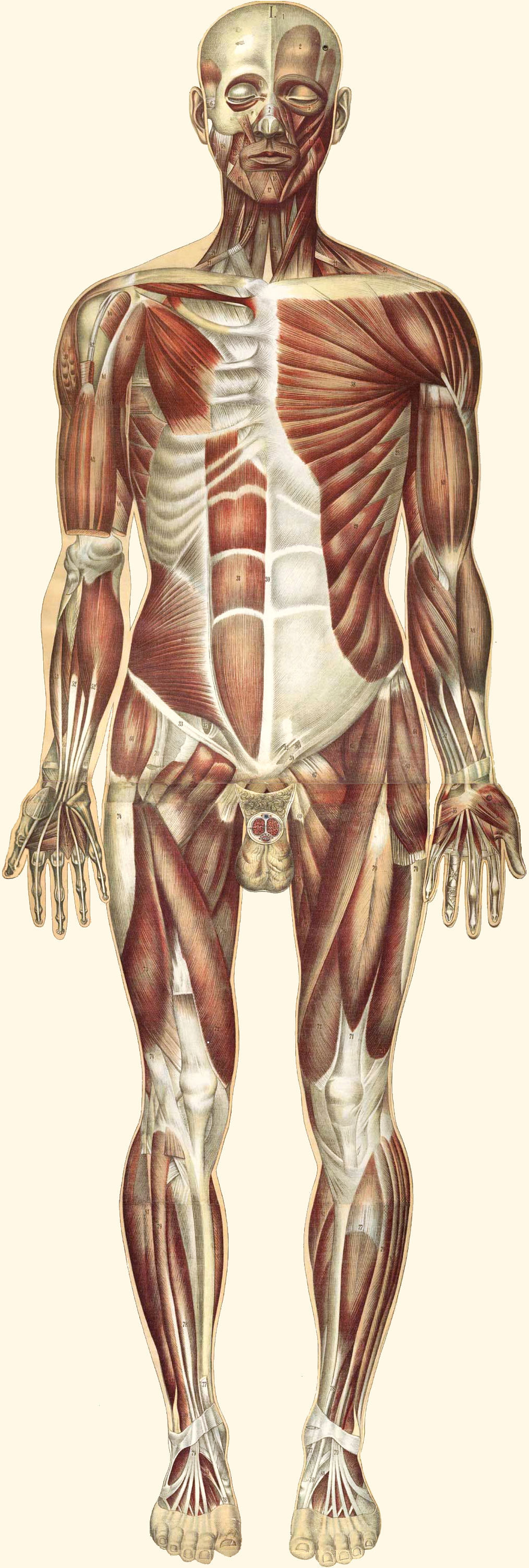 |
| Le Corps Humainet Grandeur Naturelle. Bougle, Julien. Paris, J. Bailletare 1899 |
1. What do students in my program learn how to do?
Physiology is the study of how the body works. How organs, cells, tissues, etc., all function. In my program students gain expertise in many systems of the body. This field of study is built for students looking to pursue further schooling in the medical field. We learn about the basic workings of the body and go off on to more specific school to establish a career out of it.
2. What do people who get degrees in this field usually go on to do for work?
There's plenty of options for physiology majors if you include the additional schooling after undergraduate. The career options are almost endless really. A physiology base allows the individual to pursue almost any career in the medical field. This includes physical therapy, dietician/nutritionist, epidemiology, healthcare, the list goes on.
3. What drew me to this field?
I've been interested in the health and the body since freshman year of high school. During my junior year of high school I got a really bizarre injury during my soccer season. This required me to see a physical therapist three times a week. After seeing the work physical therapists do and all the aspects of the job I was immediately drawn to it. I loved the idea of getting to know all of my patients on a personal level and being able to fix them at the same time. It also helps that I'm interested in the body already and love being on my feet all day.
4. Who are the leaders/most exciting people involved in your field right now? Why?
After a bit of research, I found that one of the most influential and trusted people in the medical field right now is Sanjay Gupta. Sanjay is a skilled neurosurgeon, an assistant professor of neurosurgery at Emory University School of Medicine, and an associate chief of the neurosurgery service at a hospital in Atlanta, Georgia. If this doesn't convince you of his title of most exciting person in physiology, he also hosts his own section on CNN about health-related topics where he talks about topics from medicinal marijuana to "heart-attack proof you". He also happens to be the chief medical correspondent for the network. So basically, there's nothing about the human body Gupta doesn't know about.
5. What are the leading academic/scholarly journals in your field? Where are they published?
A lot of scholarly journals are found here. The three that pertain most to my field of study are Discovering Human Physiology, Anatomy of a Physiology Major, and Transforming Medicine Through Physiology.
Reflection
I observed two of my classmates blog posts about their particular. Both of which were pretty similar to mine if not exactly mine. Both Alyssa's blog and Kelly's blog were informative and exciting for me because, like me, they both want to pursue careers in the medical field. Alyssa would like to be a neonatal nurse and Kelly would like to major in physiology and become a physical therapist like me. Both of these career paths made me realize that achieving our goals is going to be a lot of hard work. There will be many late nights and fried brains, but because we are so passionate about what we want to do it is more than possible.





